When we think of “commercial powders,” our minds might wander to simple, everyday products like baby powder or baking powder. But in the realm of industry and manufacturing, commercial powders refer to highly specialized metal powders used in a variety of applications from 3D printing to aerospace engineering. Intrigued? Let’s dive deep into this fascinating world.
Overview of Commercial Powders
Commercial powders play a pivotal role in modern manufacturing and technological advancements. These powders, usually metals or metal alloys, are finely ground particles used in various processes like additive manufacturing, coating, and metallurgy. The right powder can significantly enhance the quality, durability, and performance of the final product.
Key Details:
- Types of Commercial Powders: Metals like aluminum, titanium, iron, and their alloys.
- Applications: 3D printing, aerospace, automotive, medical devices.
- Properties: Particle size, shape, purity, flowability, density.
- Suppliers and Pricing: Varied based on type, quantity, and quality.
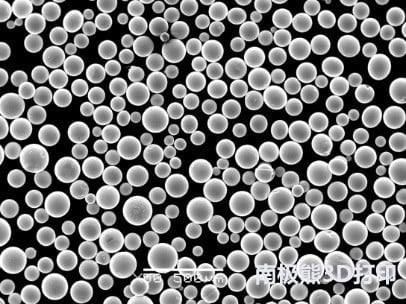
Types of Commercial Metal Powders
Aluminum Powder
Aluminum powder is lightweight, highly conductive, and has excellent corrosion resistance. It’s widely used in the automotive and aerospace industries.
Titanium Powder
Titanium powder is known for its strength, low density, and high corrosion resistance. It’s a favorite in aerospace and medical applications.
Iron Powder
Iron powder is crucial for the manufacturing of magnetic materials and components in the automotive industry.
Nickel Powder
Nickel powder offers excellent thermal and electrical conductivity, making it ideal for electronic applications.
Copper Powder
Copper powder is highly conductive and often used in electrical and thermal conductive applications.
Cobalt Powder
Cobalt powder is used in high-temperature and wear-resistant applications.
Stainless Steel Powder
Stainless steel powder combines corrosion resistance with mechanical strength, used in a variety of industries from medical to automotive.
Chromium Powder
Chromium powder is used for its high hardness and corrosion resistance, ideal for coatings and hard-facing applications.
Zinc Powder
Zinc powder is used primarily for galvanizing steel to protect it from corrosion.
Magnesium Powder
Magnesium powder is lightweight and used in aerospace and military applications.
Composition of Commercial Powders
Understanding the composition of these powders is crucial for selecting the right one for your needs. Here’s a detailed look:
| Powder Type | Composition | Properties |
|---|---|---|
| Aluminum Powder | Al | Lightweight, conductive, corrosion-resistant |
| Titanium Powder | Ti | Strong, low density, corrosion-resistant |
| Iron Powder | Fe | Magnetic, malleable, relatively inexpensive |
| Nickel Powder | Ni | High thermal/electrical conductivity, corrosion-resistant |
| Copper Powder | Cu | Highly conductive, corrosion-resistant |
| Cobalt Powder | Co | High-temperature resistant, wear-resistant |
| Stainless Steel Powder | Fe, Cr, Ni, Mo | Corrosion-resistant, strong |
| Chromium Powder | Cr | High hardness, corrosion-resistant |
| Zinc Powder | Zn | Corrosion-resistant, used for galvanizing |
| Magnesium Powder | Mg | Lightweight, strong, used in high-strength applications |
Characteristics of Commercial Powders
The performance of commercial powders is largely determined by their intrinsic characteristics. Let’s explore these characteristics:
- Particle Size: Affects flowability and packing density.
- Particle Shape: Influences how powders spread and adhere.
- Purity: Higher purity generally means better performance.
- Flowability: Critical for processes like 3D printing.
- Density: Impacts the weight and structural properties of the end product.
Detailed Characteristics:
| Characteristic | Description |
|---|---|
| Particle Size | Determines the flow and packing density. Smaller particles often provide better resolution in 3D printing. |
| Particle Shape | Spherical particles flow better, while irregular shapes may pack more densely. |
| Purity | High-purity powders are essential for achieving desired material properties without contamination. |
| Flowability | Affects the ease with which powders can be processed. Crucial for consistent quality in manufacturing. |
| Density | Influences the mechanical properties and weight of the final product. |
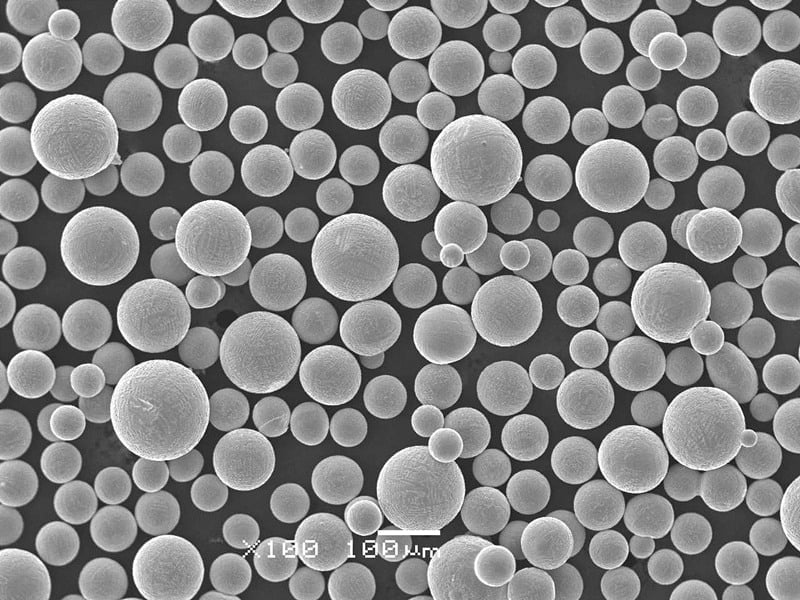
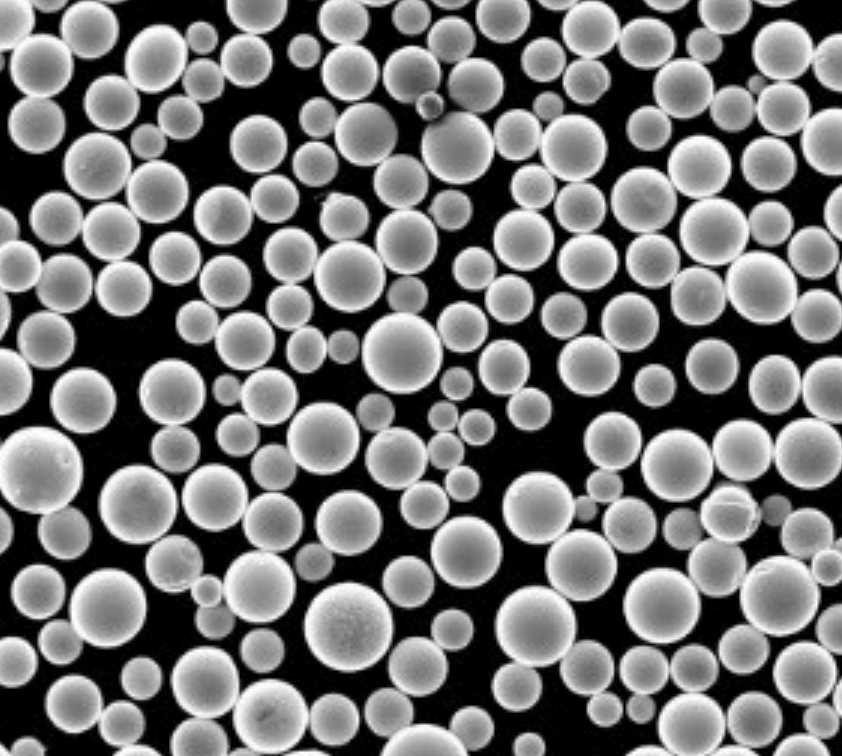

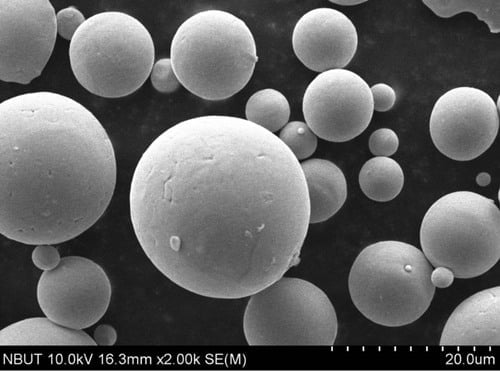
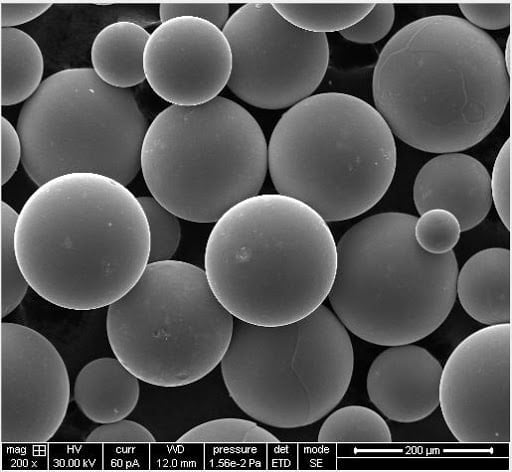
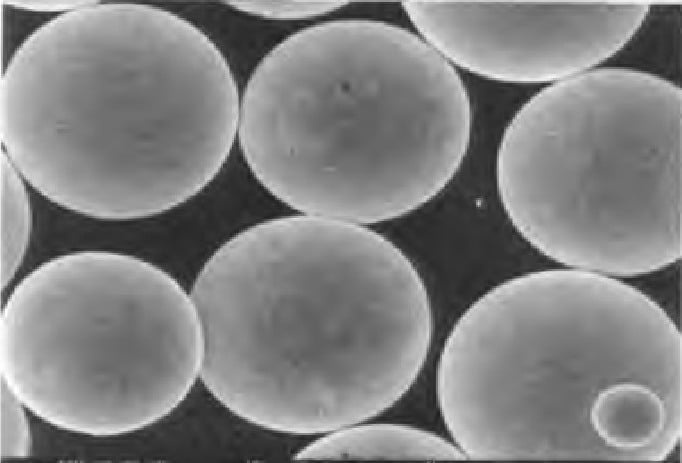
Applications of Commercial Powders
These powders are indispensable in numerous industries due to their versatile applications. Here’s how they’re utilized:
| Industry | Application | Benefits |
|---|---|---|
| Aerospace | 3D printing of components, coatings | Lightweight, strong, corrosion-resistant |
| Automotive | Manufacturing of parts, coatings | Durable, high-performance, cost-effective |
| Medical | Implants, prosthetics, surgical instruments | Biocompatible, durable, lightweight |
| Electronics | Conductive components, batteries | High electrical/thermal conductivity, reliable |
| Energy | Turbine blades, fuel cells, solar panels | High strength, efficiency, durability |
| Construction | Structural components, coatings | Strong, corrosion-resistant, cost-effective |
| Military | Lightweight armor, structural components | High strength-to-weight ratio, durability |
| Manufacturing | Additive manufacturing, powder metallurgy | Precision, cost-effectiveness, material efficiency |
Specifications, Sizes, Grades, and Standards
When selecting commercial powders, specifications like size, grade, and standards are crucial. Here’s a comprehensive look:
| Powder Type | Size (Microns) | Grades | Standards |
|---|---|---|---|
| Aluminum Powder | 10-200 | Al99.5, Al99.9 | ASTM B212, ISO 209-1 |
| Titanium Powder | 15-100 | Grade 1-5, Ti6Al4V | ASTM B348, ISO 5832-2 |
| Iron Powder | 20-150 | Fe99.5, Fe99.9 | ASTM B748, ISO 4497 |
| Nickel Powder | 10-100 | Ni200, Ni201 | ASTM B329, ISO 3785 |
| Copper Powder | 15-200 | Cu99, Cu99.9 | ASTM B833, ISO 3923 |
| Cobalt Powder | 10-150 | Co99.5, Co99.9 | ASTM B330, ISO 4498 |
| Stainless Steel Powder | 10-150 | 316L, 304L, 17-4PH | ASTM B213, ISO 3252 |
| Chromium Powder | 20-150 | Cr99, Cr99.9 | ASTM B356, ISO 4491 |
| Zinc Powder | 10-150 | Zn99.5, Zn99.9 | ASTM B869, ISO 3549 |
| Magnesium Powder | 10-150 | Mg99.5, Mg99.9 | ASTM B403, ISO 3997 |
Suppliers and Pricing Details
Choosing the right supplier and understanding the pricing details are essential for cost-effective procurement. Here’s a breakdown:
| Supplier | Powder Type | Price (USD/kg) | Location |
|---|---|---|---|
| Alfa Aesar | Titanium, Nickel | 100-500 | USA |
| Höganäs AB | Iron, Stainless Steel | 20-150 | Sweden |
| LPW Technology | Aluminum, Titanium | 50-300 | UK |
| Sandvik AB | Stainless Steel, Iron | 30-200 | Sweden |
| Carpenter Powder | Cobalt, Nickel | 100-600 | USA |
| Tekna | Aluminum, Copper | 40-250 | Canada |
| Praxair | Various Metal Powders | 30-300 | USA |
| EOS GmbH | Titanium, Stainless | 100-500 | Germany |
| Additive Industries | Various Metal Powders | 50-350 | Netherlands |
| GKN Hoeganaes | Iron, Stainless Steel | 20-180 | USA |
Comparing Pros and Cons of Different Metal Powders
Each type of metal powder has its own set of advantages and limitations. Understanding these can help in making an informed decision.
| Powder Type | Pros | Cons |
|---|---|---|
| Aluminum Powder | Lightweight, corrosion-resistant, conductive | Relatively expensive, flammable in fine powder form |
| Titanium Powder | High strength, low density, biocompatible | Very expensive, difficult to process |
| Iron Powder | Cost-effective, magnetic properties, easy to process | Susceptible to corrosion, relatively heavy |
| Nickel Powder | Excellent conductivity, corrosion-resistant | Expensive, can cause allergic reactions |
| Copper Powder | Highly conductive, easy to process | Susceptible to oxidation, relatively heavy |
| Cobalt Powder | High-temperature resistance, wear-resistant | Expensive, toxic in powdered form |
| Stainless Steel Powder | Corrosion-resistant, strong, durable | Relatively expensive, heavy |
| Chromium Powder | High hardness, excellent corrosion resistance | Very expensive, toxic in powdered form |
| Zinc Powder | Cost-effective, excellent for galvanizing | Low strength, prone to oxidation |
| Magnesium Powder | Lightweight, high strength-to-weight ratio | Highly flammable, prone to corrosion |
Selecting the Right Powder: A Comparative Analysis
Selecting the right commercial powder depends on your specific requirements. Let’s make some direct comparisons to see which powder stands out in different scenarios.
Aluminum vs. Titanium: Lightweight Contenders
Aluminum is often chosen for its excellent conductivity and corrosion resistance, making it ideal for automotive and aerospace applications where weight and corrosion are concerns. However, Titanium takes the crown for strength and biocompatibility, making it essential for aerospace and medical implants despite its higher cost.
Iron vs. Stainless Steel: Strength and Durability
Iron is a go-to for cost-effective magnetic materials, but it falls short in environments where corrosion resistance is crucial. Stainless Steel offers superior corrosion resistance and strength, making it perfect for a wide range of applications, albeit at a higher price.
Nickel vs. Copper: Conductivity Champions
When it comes to conductivity, Copper is king with unmatched electrical and thermal properties. Nickel, while not as conductive, excels in high-temperature environments and offers excellent corrosion resistance, making it suitable for specialized electronic components.
Cobalt vs. Chromium: High-Performance Materials
Cobalt and Chromium both offer exceptional wear and corrosion resistance. Cobalt is ideal for high-temperature applications, while Chromium is often chosen for its hardness and use in coatings. Both are expensive and need careful handling due to toxicity concerns.
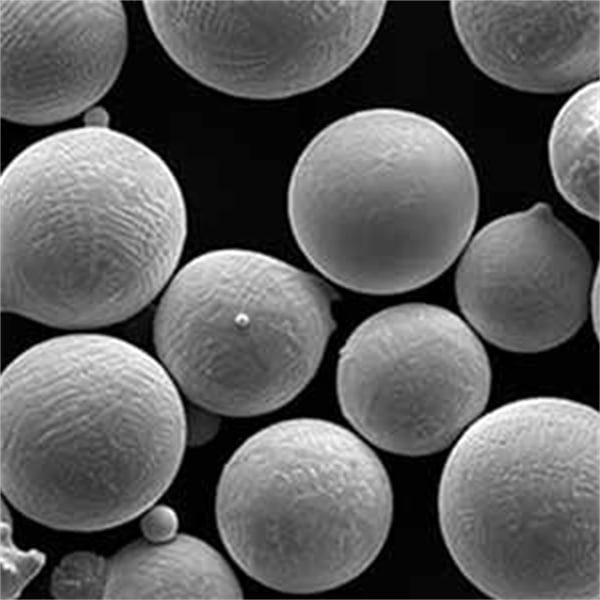
FAQs
What Are Commercial Metal Powders?
Commercial metal powders are finely ground particles of metals or metal alloys used in various industrial applications like additive manufacturing, coatings, and metallurgy.
How Are Metal Powders Made?
Metal powders are typically produced through methods like atomization, reduction, electrolysis, and mechanical alloying.
What Is the Role of Particle Size in Metal Powders?
Particle size affects the flowability, packing density, and resolution of the final product. Smaller particles often provide better detail in 3D printing applications.
Why Is Purity Important in Metal Powders?
High purity ensures that the metal powders perform as expected without contamination that could affect the material properties.
How Do I Choose the Right Metal Powder?
Choosing the right metal powder depends on the specific application requirements, including properties like strength, conductivity, corrosion resistance, and cost.
What Are the Safety Concerns When Handling Metal Powders?
Safety concerns include flammability (especially for fine powders), toxicity, and the potential for dust explosions. Proper handling, storage, and protective equipment are essential.
Can Metal Powders Be Recycled?
Yes, many metal powders can be recycled. The recycling process depends on the type of metal and the contamination level.
What Are the Common Standards for Metal Powders?
Common standards for metal powders include ASTM and ISO specifications, which ensure consistency and quality for various applications.
What Are the Cost Factors for Metal Powders?
Cost factors include the type of metal, purity, particle size, and the production method. Supplier and geographic location also play a role in pricing.
About 3DP mETAL
Product Category
CONTACT US
Any questions? Send us a message now! After receiving your message, we will process your request with a whole team.
